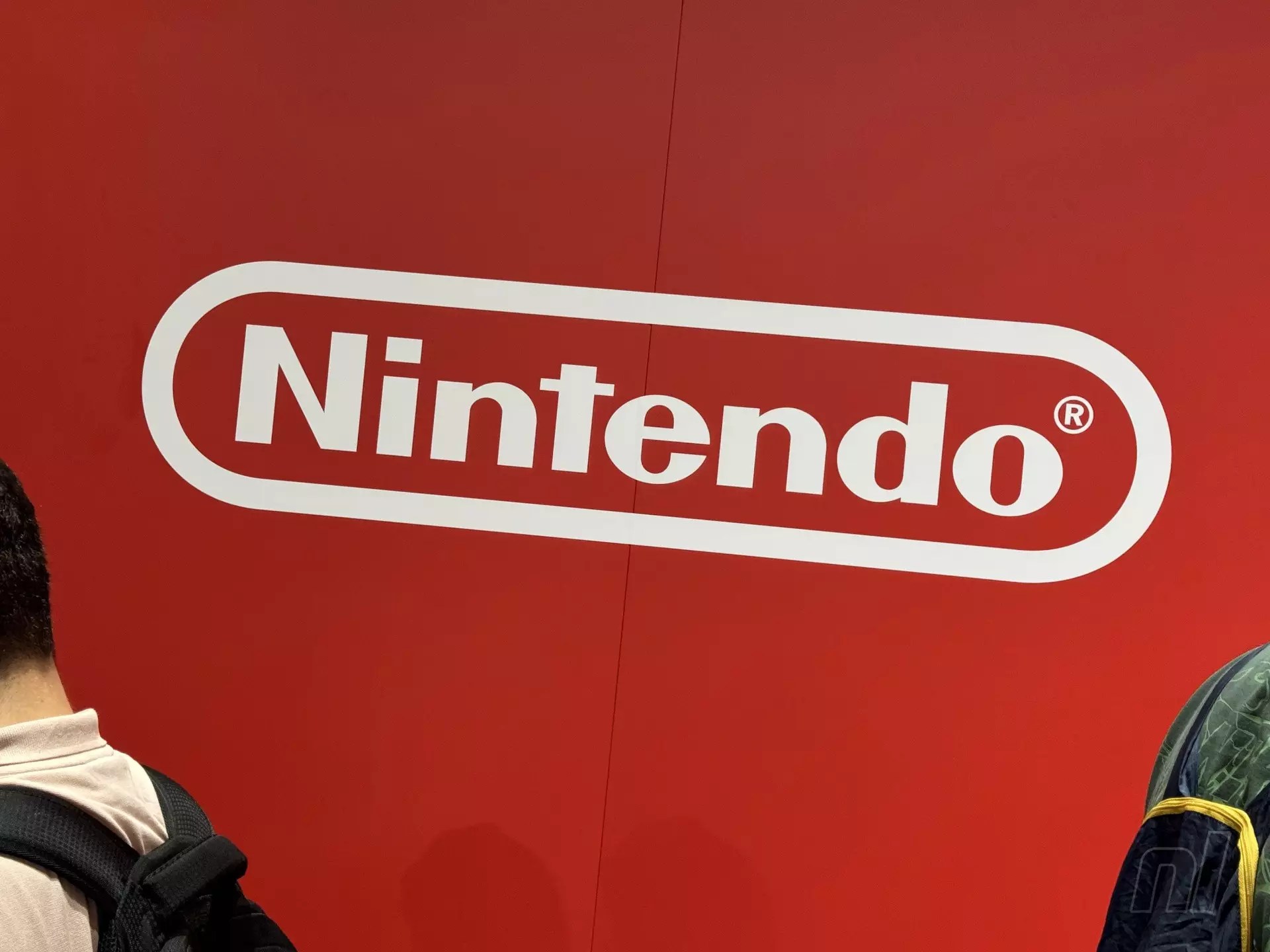In recent developments, Nintendo of America has announced a significant shift in its customer service operations by outsourcing a large chunk of its longstanding contractor workforce. Approximately 200 contractors—individuals who have dedicated years to supporting Nintendo’s loyal customer base—are facing layoffs as the company transitions to external providers based predominantly in South American countries like Brazil, Argentina, and Nicaragua. This decision may seem like a strategic economic move to reduce costs and streamline operations, but it raises critical questions about the company’s regard for loyalty, employment stability, and the human impact behind corporate restructuring.
What is particularly troubling about this situation is the manner in which the layoffs were communicated. Contractors reported learning about their job terminations indirectly, through agencies rather than official channels from Nintendo itself. The lack of transparency has fostered a sense of betrayal among those who have contributed significant time and effort to uphold Nintendo’s reputation for quality customer support. This lack of direct engagement underscores a broader trend—companies prioritizing bottom-line benefits over employee dignity, potentially eroding trust and morale in the process.
Moreover, the decision to outsource to primarily Latin American agencies hints at a broader shift towards cost optimization at a potential expense. While such practices are common in global business, they raise questions about how companies value the stability and well-being of their dedicated support staff. This move may result in a paradox: although initial savings are achieved, the long-term investment in employee expertise and service quality might suffer, especially if communication breaks down and support standards decline.
Quality Concerns and Customer Experience Under Scrutiny
A core concern accompanying this outsourcing initiative is the anticipated decline in customer service quality. The contractors slated for replacement are expected to train their new counterparts, who are more geographically dispersed. Many of these new agents, despite being fluent in English, come from regions with differing cultural contexts and communication norms, which could complicate customer interactions.
Insiders voice genuine apprehension about how this transition will influence customer satisfaction. An increase in disputes, customer frustration, and even instances of abuse—racial or otherwise—is reportedly already occurring. The shift in support dynamics might induce internal communication issues, resulting in longer response times, miscommunication, and a less personal approach to problem-solving. Ultimately, these changes threaten the positive reputation Nintendo has cultivated for its customer service over the years.
The company’s official response underscores its commitment to quality, yet provides little concrete reassurance. Stating that their partner networks “remain positive,” Nintendo appears more concerned with managing public image than addressing the palpable discomfort and uncertainty among actual support staff. This discrepancy between company messaging and employee experiences highlights a potential disconnect that could have lasting repercussions on customer trust.
Corporate Strategy Versus Employee Welfare
From a strategic standpoint, Nintendo’s move reflects a broader industry trend towards offshore outsourcing and automation to cut overhead. However, it is crucial to think critically about the long-term implications. The contractors affected were often highly experienced, many having accumulated deep knowledge about Nintendo’s products and support protocols. Replacing this human capital with new agents trained abroad could lead to shorter support cycles and superficial service quality, especially amid the inevitable learning curve.
Interestingly, some former employees pointed out that Nintendo had the option to convert contractors into full-time employees (FTEs)—a move that might have bridged cost savings with workforce stability and enhanced service continuity. Instead, the company opted for a leaner approach that leaves many workers feeling abandoned, unacknowledged, and undervalued. In an industry where customer satisfaction can directly impact brand loyalty, this approach carries tangible risks.
Adding to these concerns is the rise of generative AI and automation-driven support. Many support staff see the current restructuring as a prelude to increased reliance on AI rather than investing in human expertise. This future-oriented strategy, if not managed carefully, risks dehumanizing customer interactions and alienating users who value meaningful support and personalized engagement.
Implications for the Gaming Industry and Corporate Responsibility
Nintendo’s decision could serve as a cautionary tale for the broader gaming and tech industries. It exemplifies a tension between cost-efficient scalability and the ethical responsibilities of respecting employee contributions. When companies chase short-term savings, they risk alienating their most loyal supporters—the workforce that directly interacts with and supports their customers. Moreover, such decisions may undermine consumer trust, especially when support quality diminishes amidst widespread dissatisfaction.
The recent layoffs also reawaken questions about corporate transparency and genuine engagement with employees. If Nintendo truly values its user base and its employees, more transparent communication and consideration for long-term workforce development would be evident. Instead, the current strategy appears to favor immediate financial gains, potentially at the expense of customer experience and employee morale.
Ultimately, this shift could mark a turning point for console manufacturers like Nintendo. If the quality of support diminishes significantly, it may open the door for competitors to capitalize on perceived declines in service standards, reshaping consumer perceptions and influencing brand loyalty. While cost-cutting is an essential aspect of modern business, balancing it with ethical treatment and strategic human resource management remains paramount for sustained success in the dynamic gaming landscape.


Leave a Reply